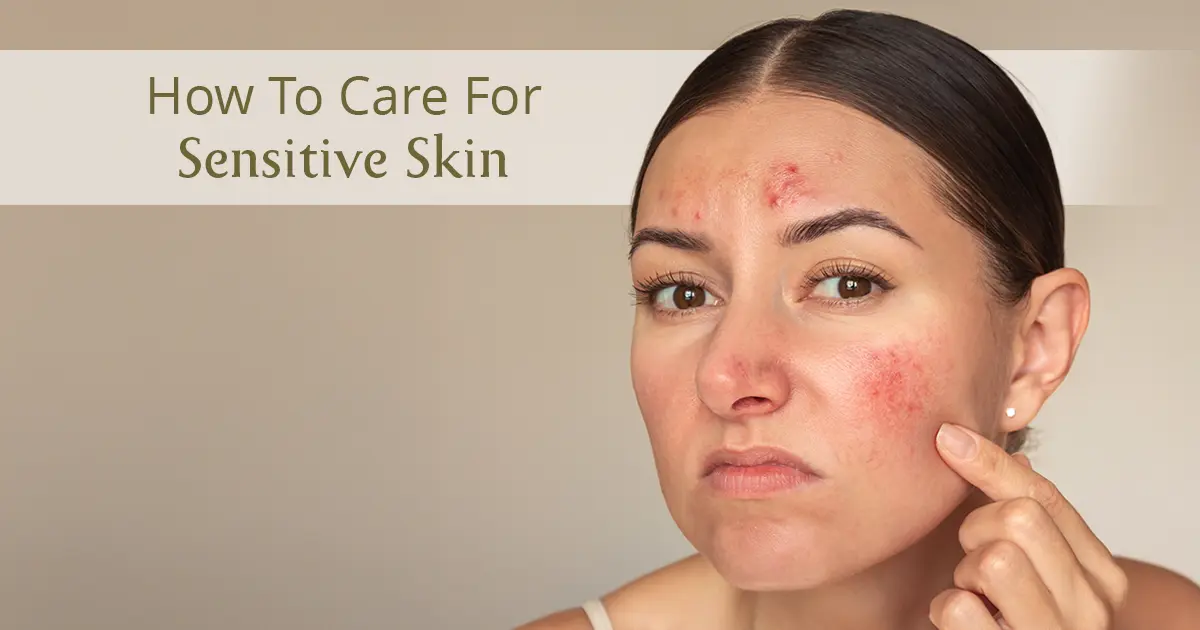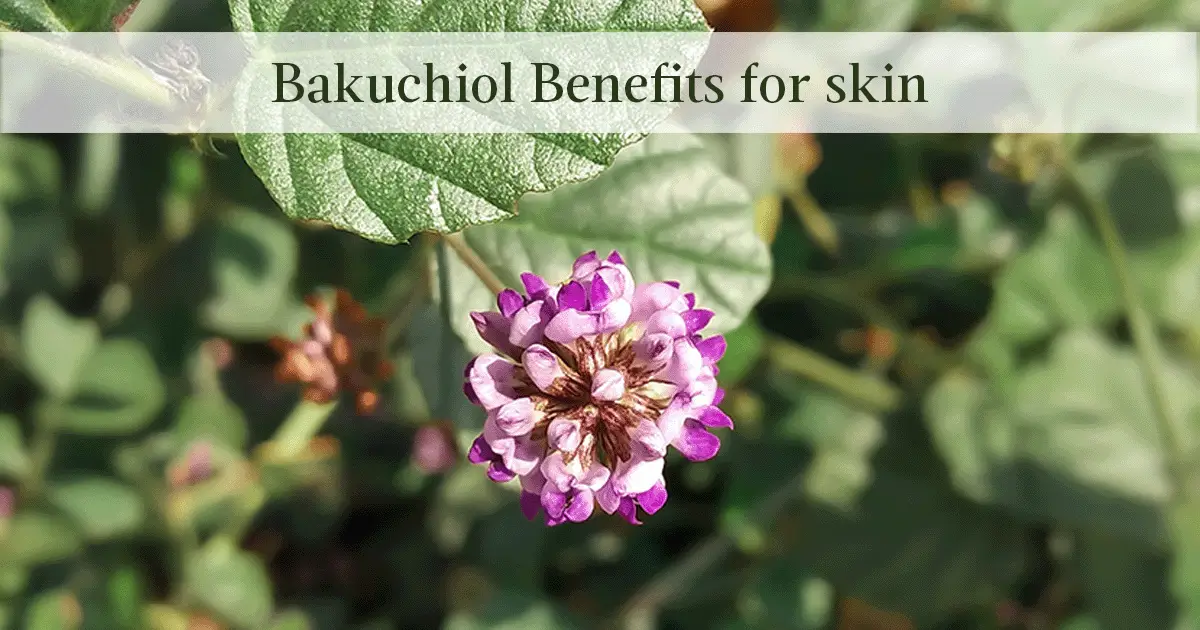
Did you know? Up to 7 out of 10 women have sensitive skin. It’s a condition where the skin easily becomes itchy, red, and inflamed.1 While it’s not usually harmful to your health, it can make everyday routines, like applying makeup or using skincare products, a real challenge. The good news? Following the right tips and sticking with the dos and don’ts can make a big difference in managing sensitive skin and helping you feel more confident about your appearance.
This blog will help you find answers to the most common questions related to the skincare needs of women (and men) with sensitive skin. So read on!
What Is Sensitive Skin?
Sensitive skin tends to react easily to even the slightest triggers. People with sensitive skin can get redness and burning sensations in response to both external and internal factors like harsh weather or immune conditions respectively. As a result, their skin is unable to tolerate the application of most skincare and cosmetic products.2
This might happen either due to changes in their nervous system, weakening of their skin’s barrier function or an overactive immune system. Let’s read more about them in the next section.2
What Are The Causes Of Sensitive Skin?
Sensitive skin may be caused due to the following:2
1. Weakened Barrier Function
Your skin barrier may be damaged due to external or internal stressors such as the sun’s rays, environment (humidity or dryness), harsh products and sometimes your own genetic makeup.2
A weakened skin barrier may cause itchiness, patchiness, dry skin, infections and of course, sensitivity. If you notice one or many of these signs, chances are your skin barrier has been compromised, and it’s time for corrective action.2
2. Disrupted Nerve Responses
The nerves in people with sensitive skin overreact to things that wouldn’t normally bother others. This could be due to the structural difference in these nerve fibres or an increased release of chemical messengers from them. This may also happen due to minor nerve damage or a prolonged reaction time for these nerve fibres.2
3. Enhanced Immune Response
Your immune system is designed to protect you by identifying harmful substances and blocking their entry. But sometimes, it can go into overdrive. In people with allergies or hypersensitivity, the immune system may overreact, leading to inflammation, redness, and irritation. And this heightened immune response can make the skin more sensitive to everyday factors like skincare products, environmental changes, or even mild pressure.2
What Are The Factors Associated With Skin Sensitivity?
There are several factors that could be associated with sensitive skin, such as:2
-
Age
The skin of younger people is more sensitive than that of the elderly. This is because of the age-related changes in their skin, such as reduced nerve endings.
-
Sex
The prevalence of sensitive skin is greater in females as compared to males, possibly due to the difference in their hormonal profile and skin thickness.
-
Ethnicity Or Race
Asians are more likely to have sensitive skin as compared to White people.
-
Site Of Occurrence
The face is one of the most common regions for skin sensitivity to occur. That’s because it is usually exposed to multiple skincare products, has maximum nerve endings and has relatively thinner skin.
-
Other Factors
Your skin is more likely to be sensitive in winter than in summer, as winter causes dry skin. But it’s also noteworthy that exposure to air conditioning in the summer months can aggravate sensitive skin. Skin sensitivity can also be triggered by using topical corticosteroids every day.
-
Skin Conditions
Certain skin conditions, like atopic dermatitis, make your skin more sensitive and vulnerable to irritation.
What Are Some Common Symptoms Of Sensitive Skin?
If you have sensitive skin, you may experience the following signs and symptoms:3
- Dryness
- Itchy Skin
- Tightness
- Rough Or Flaky Skin
- Redness & Rashes
How To Care For My Sensitive Skin?
Here are a few tips you can follow to take care of your sensitive skin:
-
Opt For Mild Cleansers
Choose gentle cleansers that clean your face without irritating your skin.
-
Go Easy On Scrubs
While gentle exfoliation can be good for your skin, people with sensitive skin types need to avoid using scrubs as they can further irritate their skin.
-
Hydrate Inside Out
Just as applying moisturiser is essential for your skin, staying hydrated from within by drinking plenty of water is equally important.
-
Never Skip Sunscreen
Sunscreen should be a non-negotiable part of your skin care routine, especially when your skin is sensitive.
-
Patch Test New Skincare Products
Always do a patch test before using new products to avoid unexpected reactions.
-
Be Mindful Of Your Clothing
That’s right! Sensitive skin might get aggravated even by the clothes you wear. So opt for soft, breathable fabrics.
-
Minimise Stress
Stress can trigger flare-ups, so you must find ways to relax and unwind.
-
Consult A Doctor
For personalised skincare advice, it’s best that you seek advice from a dermatologist.
What Are The Skincare Ingredients To Look For If You Have Sensitive Skin?
Look for the following ingredients when buying skincare products if you have sensitive skin.
1) Aloe Vera
Aloe Vera gel is 96% water. So when you’re using it on your skin, you’re basically dunking yourself in a refreshing dose of hydration. Besides serving as an excellent moisturiser, it acts like a natural antioxidant, fighting off oxidative stress and keeping your skin rejuvenated.4
2) Shea Butter
The anti-inflammatory properties of Shea Butter make it an ideal candidate for use by people with sensitive skin. It is particularly useful for people with skin conditions like eczema as it helps to keep their skin hydrated, soft and supple.5
3) Calendula
Known for its anti-inflammatory and skin-soothing properties, Calendula Extract is a natural ingredient often recommended for sensitive skin. Its gentle yet effective action makes it safe not just for adults but also for babies, especially in treating diaper rash.6
At AreoVeda, we’ve harnessed the healing power of Calendula in our Diaper Rash Cream—a 99.7% natural formulation of EWG-verified, Ecocert-certified, and cellularly proven ingredients. If you're looking for a gentle yet effective solution to soothe your baby’s skin, this could be the one.
4) Oats
Another ingredient that tops our chart in this category is Oat, a nutrient-dense cereal. Research shows that oatmeal is an effective solution to treat numerous dermatologic conditions, thanks to the anti-irritant effects of oats.7
5) Canadian Willowherb
The pages of both traditional and modern medicine are laced with numerous skincare benefits of Canadian Willowherb. If you have sensitive skin, you can use it topically for not just cleansing and soothing but also as an antiseptic.8 Moreover, its anti-microbial properties help fight acne-causing germs and control oil production, thereby keeping your skin clear without being harsh.
6) Licorice
Licorice is a well-known Chinese herb commonly used in skin-brightening formulas. But what you might not know is that it also has anti-inflammatory properties. Adding it to your skincare routine can be an effective way to support brighter skin without causing irritation.9
Can You Inherit Sensitive Skin From Your Parents?
Yes. It’s not uncommon for children of parents with sensitive skin to be born with the same skin type. That’s because genes regulate your skin’s protective barrier function. And parents can pass on these genes to their kids.10
Summing Up
Sensitive skin is more common than you might think! And while it can make your skin prone to irritation, it’s not unmanageable. By understanding the root causes, avoiding known triggers, and choosing gentle and natural skincare products, you can easily navigate your way to healthy, glowing skin.











